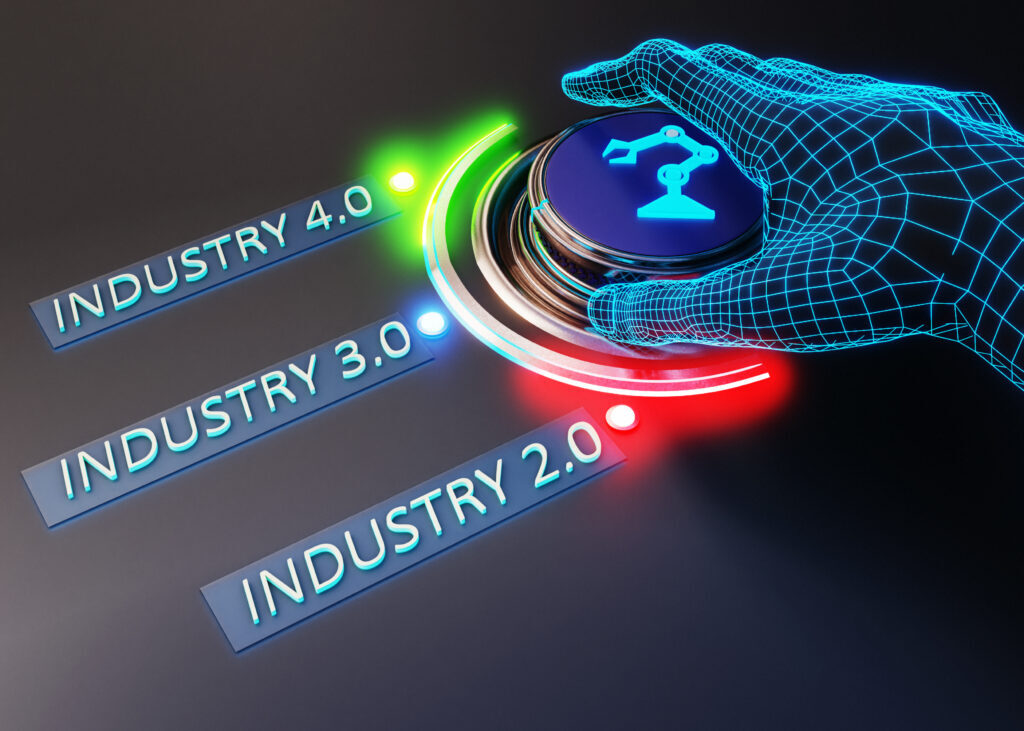When you purchase through links on our site, we may earn an affiliate commission. This doesn’t affect our editorial independence.

In a rapidly evolving digital world, governments worldwide are tightening the reins on tech giants through a wave of new regulations. From antitrust lawsuits to data privacy laws, the global technology industry is witnessing unprecedented legal challenges, forcing major players like Google, Apple, Meta, and Amazon to rethink their strategies.
This regulatory storm is not just a regional phenomenon; it’s global. Authorities from the European Union (EU), the United States, and emerging markets are uniting in their pursuit of fair competition, consumer protection, and accountability. As these laws come into effect, the once-unchecked dominance of big tech is facing an era of transformation.
Key New Laws Challenging Tech Giants
1. The EU’s Digital Markets Act (DMA)
The EU’s DMA is a game-changer, aiming to curb monopolistic practices and ensure a level playing field for smaller companies. Under this law, “gatekeepers” like Google and Apple face restrictions on self-preferencing their services, such as pre-installing their device apps. Violations could lead to hefty fines of up to 10% of global revenue.
2. The U.S. Antitrust Push
In the U.S., bipartisan support for antitrust reform reshapes the regulatory landscape. The Federal Trade Commission (FTC) and the Department of Justice (DOJ) are aggressively pursuing cases against Amazon and Meta for allegedly stifling competition.
3. China’s Tightening Grip
China has introduced stricter laws targeting tech monopolies and data security, compelling companies like Alibaba and Tencent to adjust operations. These laws emphasize protecting consumer data and reducing market dominance by a few players.
4. India’s IT Rules
India, one of the largest digital markets, has implemented IT rules requiring social media platforms to ensure greater accountability for content moderation. The country has also introduced antitrust investigations against Google for abusing its dominance in the Android ecosystem.
How Laws Are Impacting Tech Giants
- Operational Changes
Big tech companies are being forced to restructure operations. For instance, Apple has adjusted its App Store policies in response to antitrust investigations, allowing alternative payment systems in certain markets. - Financial Repercussions
Compliance with new laws is costly. In 2023 alone, Meta faced over $1.3 billion in fines for violating EU data privacy rules. Similar penalties are being levied across jurisdictions, denting profitability. - Innovation vs. Regulation
While regulations aim to curb monopolistic practices, they also risk slowing innovation. Companies must now allocate significant resources to legal compliance, diverting them from research and development. - Market Diversification
To mitigate risks, tech giants are diversifying their investments and operations. For example, Amazon focuses on smaller, less-regulated markets like Africa and Southeast Asia to sustain growth.
What This Means for Consumers and Smaller Players
For consumers, these laws promise better privacy, transparency, and choices. Smaller tech companies and startups also stand to benefit from reduced barriers to entry, increasing competition and innovation in the industry.
However, critics argue that over-regulation could inadvertently harm consumers by increasing costs and limiting access to free services.
Looking Ahead
The scrutiny of tech giants is far from over. With new laws in development and enforcement becoming more rigorous, the balance of power in the global tech ecosystem is shifting. The question remains: will these regulations spark a fairer digital age, or will they stifle the innovation that has fueled tech’s meteoric rise?
One thing is certain: this is a pivotal moment in tech history, and the world is watching.







